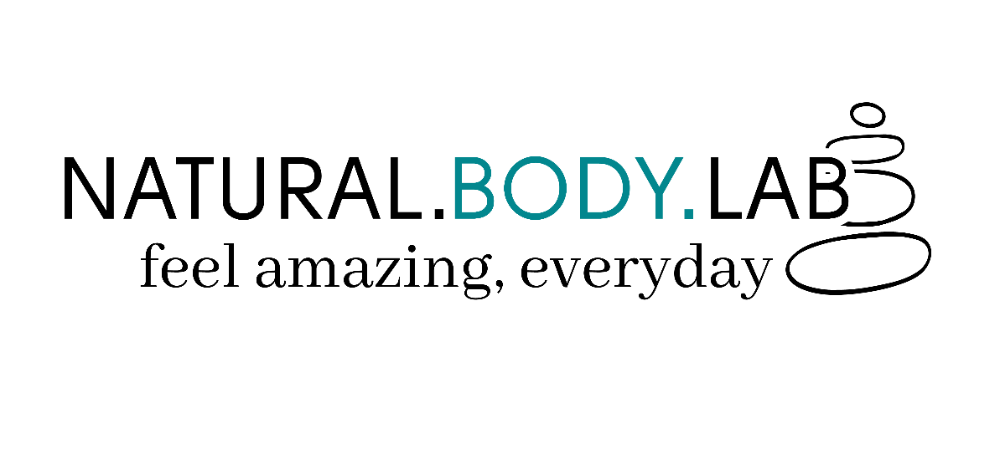Nutrient absorption: What goes in, isnt always what you eat!
Aug 12, 2020I wrote an article a while ago about the importance of 'whole' nutrition and not just pill-popping. How, in order to absorb vital nutrients, the body requires other 'co-factors' and enzymes at the same time. For example, a tablet might contain 150mg of a form of Magnesium, but in order for your body to be able to assimilate this properly into the cells, other nutrients such as some of the B vitamins are required. In natural, whole foods, each of the required co-factors and nutrients will also be present- the moral to the story being that whole foods are by far our best source of nutrition because they are balanced..
Today I wanted to share yet another factor which will effect your body's nutritional status- your ability to actually absorb nutrients, from your gut, into your bloodstream.
This is something I see quite often. A person presents in clinic with what seems like the best diet in the world.. They are sure that what they are eating is great for them (which on paper it is), and even the bag of supplements they up-end on my desk should be topping up any nutrients they are missing, right?!
Unfortunately this is not always the case. 'Just because something goes into your mouth, doesn't mean it will end up in your bloodstream or where it is required'. Whilst digestion begins when you put something in your mouth and start to chew, absorption and assimilation of nutrients doesn't really start to occur until food hits the large intestinal wall. There are, of course, a few exceptions to this rule, such a Vitamin B12, which begin their absorption across the mucous membranes of the mouth.
So if the place of 'true absorption' is across the Intestinal Wall, what is it that might be preventing this from occurring properly? I have listed a few factors which could be playing a role below:
1 Food Intolerances- This is probably the most obvious one. On the heavier end of the scale are disease such as Celiac Disease, but to a lesser extent, intolerances to Gluten, Dairy (or ANY food for that matter), will create a film of undigested food particles on the lining of the Intestines. This then blocks the regular channels through which nutrients are usually absorbed into the bloodstream.
2 Bacterial Overgrowth- Partly due to the undigested foods left from a food intolerance, a pathogenic Bacterial Overgrowth does much the same as the food itself. It blocks the absorption channels in the gut wall. Another thing the 'bad bugs' can do, is override the 'good bug' colonies in the gut. The good bugs are the guys responsible for making nutrients such as B12 and Vitamin K.
3 Lack of Enzymes- Think of enzymes as the little hands which grab a hold of the nutrients and guide them through the gut wall. For every vitamin or mineral, there is a specific enzyme which is responsible for it. In some people these enzymes are not actually made correctly, due to genetic mutation or environmental factors, and so the enzymes are not actually present in order to take the nutrients where they need to go.
4 Toxins- Without going too far into this one, both Organic and Inorganic toxins can play a massive role in whether or not we use nutrients correctly- Heavy metals in the body will take up a lot of minerals such as Zinc, Calcium and Selenium, and if their levels are high enough you will be left will very little to actually use nutritionally. If Mercury is present, it will often mess with the receptor sites for Magnesium- so in English If you have Mercury in your body, you may not be able to use Magnesium correctly... and on another Magnesium note, your liver requires large quantities of Magnesium in order to detoxify hormones and chemicals. SO if you are exposed to large amounts of these things, your magnesium will be used for this instead of in the muscles and nerves, etc...
So.. if you are presenting with symptoms which you believe might be due to a nutrient deficiency, and have already tried supplements and a change of diet... perhaps it is time you started to investigate the environment of your gut and liver properly. Sometimes what is required is NOT actually 'just more supplements'.. sometimes I prefer to 'wipe the gut slate clean' by eliminating all of the above potential issues, and then observing what happens next.
If, after a solid gut detox and rebalancing, any symptoms are still occurring there are several ways to investigate deeper into what the body is able to hold onto, and what it is dumping left, right and centre.. In my next article I will explain these tests, and which is the best way options for each of the common nutrients...
Stay connected with news and updates!
Join our mailing list to receive the latest news and updates from our team.
Don't worry, your information will not be shared.
We hate SPAM. We will never sell your information, for any reason.

